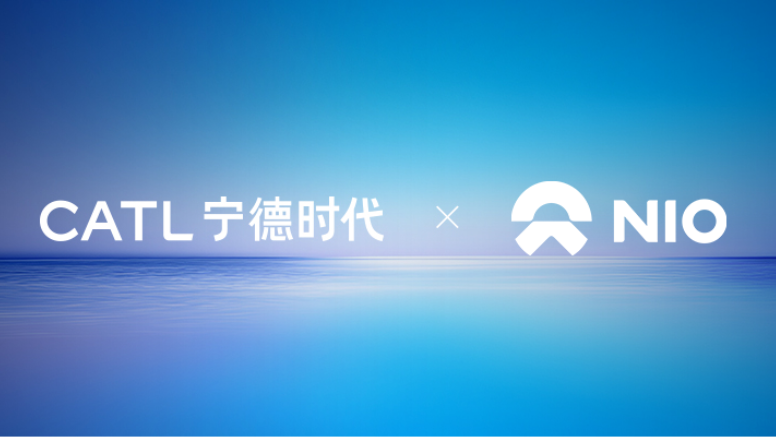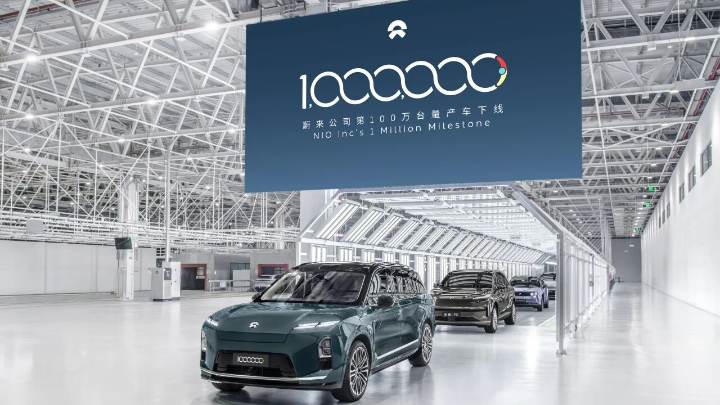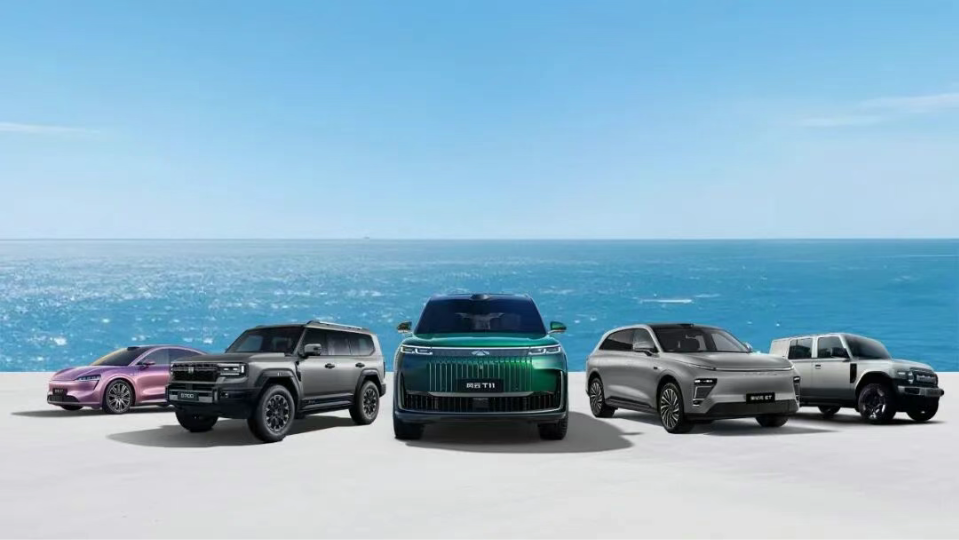When General Motors announced this month that it might sell Hummer, the brand of military-style sport utility vehicle whose sales have plummeted in the west, it seemed that soaring oil prices were halting the era of the big, gas-guzzling car.
Drivers in China have other ideas, however. Even though GM does not officially sell Hummers in China, a booming grey market has developed. In Beijing alone, more than 15 car dealers are selling the tank-like vehicles to China's army of new car-buyers.
Hummers have become particularly popular among the wealthy urbanites who like to spend their holidays on long driving treks across the country.
"As a boy, I always dreamt of owning a big car," says Zhou Qiang, a real-estate executive in Beijing who bought a Hummer H1 at an auction two years ago and who is not worried about its oil-thirsty image. "There are plenty of other sources of pollution than cars, and life is short so we should enjoy ourselves anyway."
Several other Chinese car-makers have tried to get in on the act. Dongfeng Auto sells a squat vehicle called the HanMa, a name that sounds the same as Hummer in Chinese.
Beijing Auto has a military-style SUV called the Trojan.
Although demand for SUVs is slumping in most parts of the world, it remains strong in China. Sales rose by 40 per cent in the first four months of the year - more than double the growth rate for the passenger car market as a whole. Car imports have also nearly doubled. Many of these are large luxury cars.
A few years ago, China's new passion for large cars might have been a curiosity of its new consumer culture. But in a world of $140-a-barrel oil, when China is being accused of artificially stimulating demand by capping oil prices at home, such taste in cars is becoming more controversial.
China is now one of the main motors of the global market. With demand for oil growing at 8 per cent a year, mostly met by imports, the country is the biggest contributor to the annual increase in oil consumption. Yet its petrol and diesel prices are as much as 40 per cent below US levels - themselves low by European standards.
Speaking before the latest Sino-US economic talks that began yesterday, Hank Paulson, the US Treasury secretary, said he would urge Chinese officials to use higher prices to limit oil consumption - although the Chinese government argues that the weaker dollar is one of the main causes of surging oil prices.
Closer to home, critics say the oil price controls are distorting demand and favouring the wrong people.
"The oil subsidies do not make sense, as they end up subsidising the rich rather than the poor," says Frank Gong, head of China research at JPMorgan financial services. "The effect of sustaining low oil prices is higher car imports and more big cars."
It also works against government efforts to improve energy conservation and efficiency, he argues.
Ha Jiming, an economist at China International Capital Corporation investment bank in Beijing, argues that it is in China's interests to raise oil prices by as much as 50 per cent, which would "improve energy efficiency and reduce long-term inflationary expectations".
Many economists argue that the link between China's price controls and its booming oil demand is not so clear. Cars are one example. There are some early indications that the Chinese car market might be starting to cool, including some reports of slowing imports, although this could be due to expectations that the government will raise oil prices.
However, many of the new buyers of SUVs in China are more interested in social status than miles per litre. "The sort of people who buy a Cayenne are not that concerned about petrol prices," says Emily Peng, a Porsche saleswoman in Beijing.
Car usage is also only one aspect of China's increasing oil demand.
A huge fleet of trucks exists to transport goods, and many factories use diesel power generators in the event of blackouts during the summer. These are uses that will be only partly affected by higher prices. The prices of industrial fuels and feedstocks such as naphtha are not capped, yet demand for them is also growing strongly.
China's drivers have one other argument against US critics of its soaring fuel demand: emissions and fuel economy standards for cars are higher in China than they are in the US.









